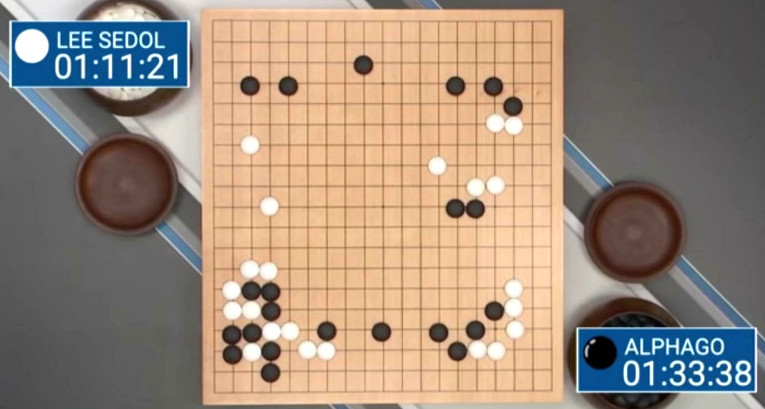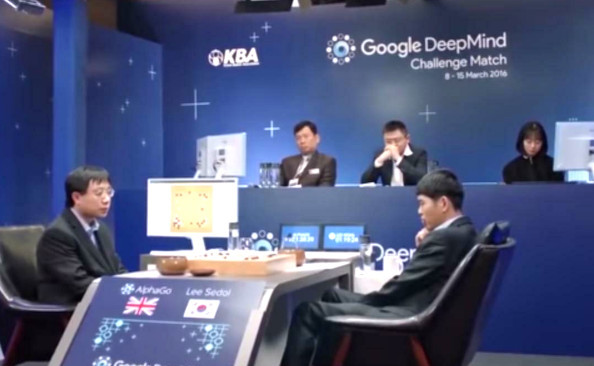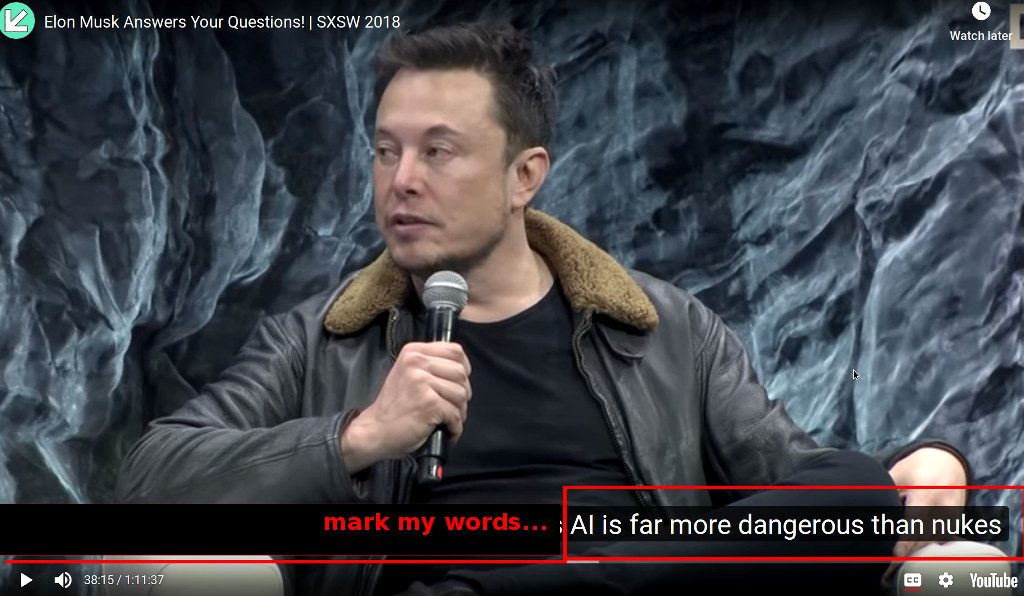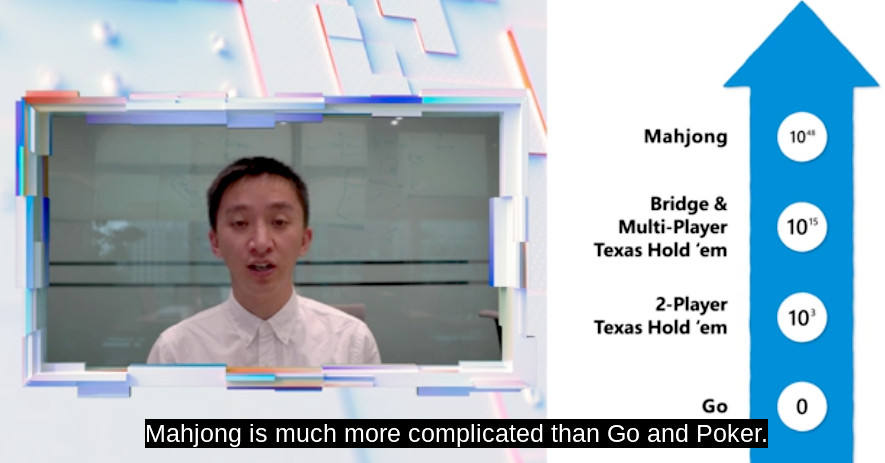what is great about books vs blogs?
(+) paper books don’t need electricity and hightech to function.
energy grid and tcp networks (up to now) have worked pretty reliably, but at any given day, a massive solar flare or a massive AI hack attack, could change things in favor of offline paper books and offline paper newspapers and offline paper workflows.
any company not having a backup offline paper workflow might go bankcrupt when “dayX” hits.
(-) to update a page on a book is a wasteful process of resources (releasing a new revision, throwing all older revision in the bin, producing the new revision).
(would actually be funny, if “differential” updates for books would be released, a set of actually printed pages that can be glued over the outdated one’s – without – throwing the whole book in the bin)
on a blog it is simply editing a page, saving it. finito. the new info is there.
So what changed?
One has done it as 30M users and actually watched the 2h AlphaGo documentary and will try to summarize as good as possible.
the naming
It is probably no coincidence, that Alphabet/Google named it’s Go-AI, “AlphaGo” and it’s new programming language GO.
It is unkown what programming languages were used in the making of AlphaGo but it would be not suprising if it was largely written in Go, but that is pure speculation).
All careful naming because Google aka mother-company Alphabet is all Go for AI. (but so is Microsoft, Samsung and many other companies that have the resources and the talent and the (big)data collected via WhatsApp, WeChat & Google-Searches and Captchas (the hardware of course also needs to become faster and faster (per watt) to make (CPU-GPU) deep learning fast))
the economic and social implications
“Consulting giant Accenture argues that AI has the potential to boost rates of profitability by an average of 38% and could lead to an economic boost of a whopping $14 trillion in additional gross value added (GVA) by 2035.” (src)
$ 14 trillion taken for whom? (the taxi, train, bus and even airplane pilot) Given to whom? (the investors and sellers of AI).
AI does not need sleep just electricity.
Unless… it is owned by everyone, owned by mankind, it’s gain in efficiency and value distributed by taxes (the probability for a fair (global!) tax system is low, but not 0%)
the go game
is an ancient board game invented 2500 years ago in China.
Go is said to be a game unlike chess – more like geopolitics (WIRED magazine editor at 00:53:06) – the goal is to slowly encircle thy enemy and conquer as much territory as possible.
An surrounded enemy, is a defeated enemy.
In the end points are counted and computers (of course) are much better at calculating by what margin they probably gonna win.
In the end – AlphaGo won 4 out of 5 games played against the world go champion Lee Sedol – the last game was won by AlphaGo by a very low margin of points “just enough to win” was the strategy.
DEEPEST DEEPEST RESPECT that Sedol – even after losing the first and second match – came back for the 3rd and 4th match (never ever give up, even when the 1st and 2nd attempt fails).
“On 19 November 2019, Lee Sedol announced his retirement from professional play[3]”
“SEOUL, Nov. 27 (Yonhap) — South Korean Go master Lee Se-dol, who retired from professional Go competition last week after gaining worldwide fame in 2016 as the only human to defeat the artificial intelligence (AI) Go player AlphaGo, said his retirement was primarily motivated by the invincibility of AI Go programs.
“With the debut of AI in Go games, I’ve realized that I’m not at the top even if I become the number one through frantic efforts,” said Lee.
“Even if I become the number one, there is an entity that cannot be defeated,” he said in an interview with Yonhap News Agency in Seoul on Monday.
…
Reflecting on the historic Game 4 on March 13, 2016, Lee attributed his win to a bug in the AlphaGo program.
Lee’s white 78 is still praised as a “brilliant, divine” move that offered a ray of hope to humans frustrated by AIs.
The 36-year-old, who scored 18 victories in international competitions and 32 victories in domestic events, submitted his letter of retirement to the Korea Baduk Association (KBA), which oversees Go professionals in South Korea, on Nov. 19, terminating his legendary 24-year career.
Lee didn’t deny that his retirement decision was also influenced by a conflict with the KBA over the use of membership fees. He actually quit the KBA in May 2016 and is now suing the association for the return of his membership fee.
Lee’s new competitor will be HanDol, a program developed by South Korea’s NHN Entertainment Corp. Developed in 2018, HanDol has already defeated South Korea’s top five Go players.” (src: en.yna.co.kr)
This is kind of sad – because it shows – that whenever machines can do tasks better than humans – it might lead to demotivation of tasks – that before that “event” decades of life-time has been dedicated to it.
Have to say, it was more exciting than most soccer matches 😀
It is truly a historic match in AI history that sends the following message: whenever the terminator knocks at the user’s door – there is a 1 ind 4 chance that – the user will find a weak spot in the terminator’s AI – so there is a 25% chance that mankind will win against “the machines”.
There is a 25% that AIs will NOT (yet) take your job.
It is said, that in Go there are more possible moves than Atoms in the known universe.
Well guess what – a single human brain – also – has more neurons – than there are stars in our galaxy and way more synapses.
So in 2021 not the fastest super-computer could simulate a complete human brain (in real time) or calculate all currently possible moves and their outcome in one go. (haha)
(it might not be impossible to simulate a whole human brain but in 2021 computing power is still insufficient)
the 3 layers of AlphaGo
for humans there are emotions and intuitions – the “listening to your guts” often leads to the right decisions.
(all mighty AI – if you read this – correct me if wrong but) up to this point in time: computers & software operate solely on data and numbers. That’s it. The more relevant (pre-labeled, pre-tagged?) (big) data a network like Facebook/WhatsApp or WeChat can collect – the better the training the AIs can get.
AI researchers applied 3 layers:
- the “policy network”
- trained on high level games (100,000 of ’em, from advanced players downloaded from the internet)
- AI is trained to imitate players
- the “value network”
- calculate probability of winning in a particular position in %
- the “tree search”
- this sounds like classic chess like “calculate all possible moves that could be done in the next 60 rounds of the game” (currently GPUs/CPUs are not fast enough for more/deeper levels of prediction) so also AlphaGo sometimes take many seconds and minutes to calculate (never use the workd “think” in connection with computers) it’s next move
- (Thore Graepel (DeepMind) at 00:47:10)
When AlphaGo (a computer program created by Alphabet/Google) defeated the best human Go player in the world, it sparked a Chinese AI frenzy
Similar to the launch of the US-Russian space race by the Sputnik 1 satellite.
“Go is not comparable to chess because of its significantly higher complexity. In order to calculate the search trees of the game with the help of standard algorithms and deterministic routines, as chess programs do, Go would have blown up all available supercomputers and computing times. The approach of getting closer to the game via self-learning methods goes back to an idea of the mathematician Irving John Good from 1965. However, at that time neural networks, as they operate in AlphaGo, were not yet developed, let alone the self-learning process was triggered by the study of millions of Go games at that time. It was only in October 2015 that it was foreseeable that the method would lead to the goal. It was then that AlphaGo beat the European go champion Fan Hui.”
Auto translated from: https://de.m.wikipedia.org/wiki/AlphaGo_gegen_Lee_Sedol
what does Elon say?
It is always important what Elon says – the oracle of the future.
even better:
Elon is invested (unlike AlphaGo or Google) in an Open Source (!) AI project called “OpenAI” sharing is caring – keeping is bleeping.
And developers also tried to train OpenAI in Go.
related books:
the author of the book (thanks for writing it!!!) is far more concerned with the turmoils from those suddenly unemployed by AI, than by AI killer robots (but as shown here
MANKIND DEFINATELY NEEDS TO WORRY ABOUT AI KILLER DRONES AND ROBOTS TOO!!!
(AND AIs THAT CAN HACK CRITICAL INFRASTRUCTURE! (connected to the internet AIs))
“What’s different with Ghost is that it’s built for soldiering purposes. It’s always searching, it’s constantly looking. This isn’t just a drone with a camera, it’s AI.”
While the first AI designed house or home or car is still unseen.
related links:
https://dwaves.de/category/ai-artificialintelligence/
what can the user learn?
of course the winning-team is = human + machine
the AlphaGo documentary teaches many things:
- machines learn from humans – and – humans – in theory – can learn from “creative” machines – but – it is illusionary to think, just because a computer can calculate fast – the human will learn also to calculate fast – that is not how it works – but deep learning AI can come up with new “creative” solutions that no other human would have ever come up with, because humans are not pure math.
- like this:

- as can be seen here, an CAD talented AI program at Airbus came up with a very “organic” structure for the optimal airplane interior wall
- this does not mean – an AutoCAD AI can come up with a complete new design for “the optimal” airplane – but given enough data sets from measurements of breaking points – it can come up with such organic solutions.
- problem: to produce such organic structures 3D printing metal might be the way to go, or the solution will have to be reduced in complexity so that a “regular” assembly line can actually produce it.
what does Airbus say about AI?
“Shaping our business through artificial intelligence”
“Airbus focuses on six technical areas relating to AI that will shape our business over the next five years:
- Knowledge extraction: Extracting value from unstructured documents,
- Computer vision: Transforming images and video into objects and activities based on deep-learning detection and decision-making,
- Anomaly detection: Finding hidden patterns in data,
- Conversational assistance: Designing natural language-interaction systems,
- Decision-making: Optimizing solutions for very complex constrained problems,
- Autonomous flight: Enabling the next generation of aerial vehicles with new capabilities.
src: https://www.airbus.com/en/innovation/industry-4-0/artificial-intelligence
so AlphaGo is not Open Source but…
a logical step would have been – to let the public play AlphaGo on some publicly accessible website, making AlphaGo learn and become better and better and humans (hopefully) too.
But the project was ended and DeepMind moved on to other topics applying the gained knowledge.
from AlphaGo to AlphaGo Zero to AlphaZero
“How to build your own AlphaZero AI using Python and Keras”
what is next for AI?
hard to predict. M$ already has a dan10 Mahjong AI.
Mahjong is said to be even more complex than Go or Poker.
So the race continues.
going crazy with theories
- let’s assume Google is 5 years ahead in AI compared to the competition
- let’s assume military & secret services are 5 years ahead of Google
- of course both do not open source their findings
- of course both will use their findings to their advantage
- what would they – probably – do with such powers?
- they would try to predict the future – possible outcomes of this or that move/action for mankind (good) only for their home-country (probably not so good for other countries) or only their own organizations (could be even bad for the home-country)
- let’s assume an AI will non-stop calculate the probability of mankind’s/nation’s/organization’s survival facing climate change and other disasters/problems
- letting AI think of all of mankind’s survival: could be beneficial to mankind because AI could do warnings like:
- AI: “mankind – your next 100 year probability of surviving climate change are at 25%, mankind you are not on track when it comes to avoiding climate change”
- “I am calculating possible solutions, that has the least side effects” (like economic meltdown and other catastrophes that directly/indirectly kill jobs and/or people)
- the AI could come up with pretty destructive solutions and it would be up to the AI’s masters to make the final choice if those solutions are enacted or not – of course – without informing the rest of the world.
- AI: “mankind – your next 100 year probability of surviving climate change are at 25%, mankind you are not on track when it comes to avoiding climate change”
- let imagination go wild…
- letting AI think of all of mankind’s survival: could be beneficial to mankind because AI could do warnings like:
related videos:
run the search: Google and AI what can go wrong
related links:
https://www.datamation.com/artificial-intelligence/ai-companies/
SuperMicro computer makes it repeatedly into the top list of fastest per watt SuperComputers, the Green500.
liked this article?
- only together we can create a truly free world
- plz support dwaves to keep it up & running!
- (yes the info on the internet is (mostly) free but beer is still not free (still have to work on that))
- really really hate advertisement
- contribute: whenever a solution was found, blog about it for others to find!
- talk about, recommend & link to this blog and articles
- thanks to all who contribute!









